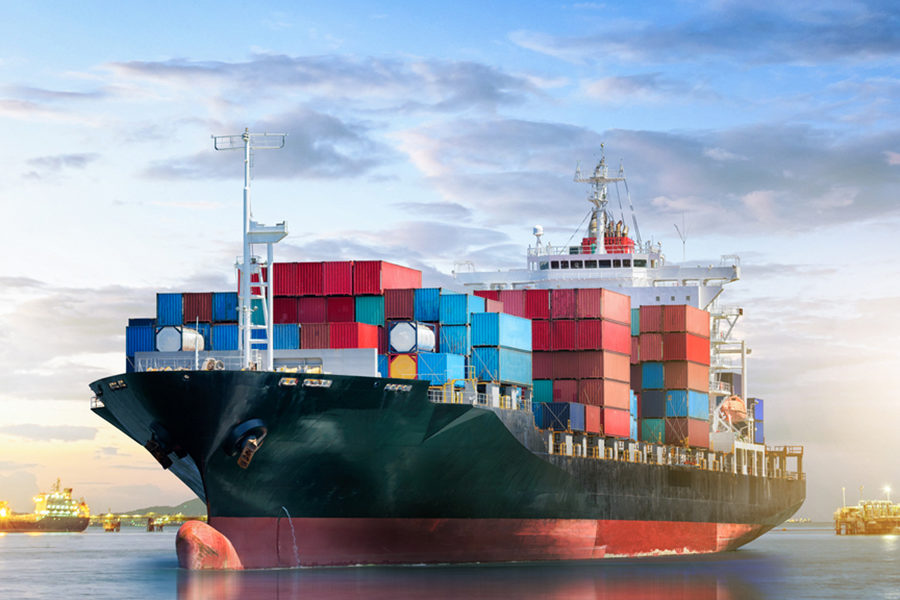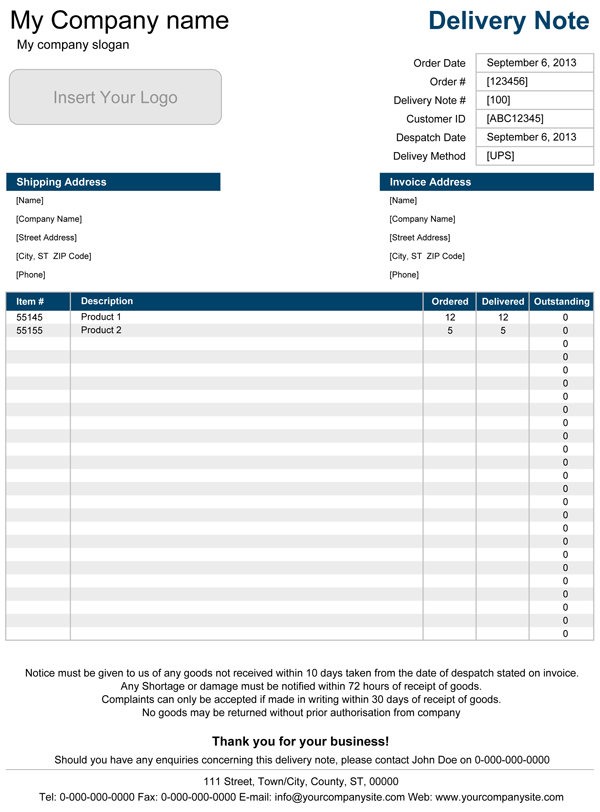Decoding the World of Shipping Lines: A Comprehensive Guide
Ever wondered how your favorite products get from across the globe to your doorstep? It's all thanks to shipping lines. They're the unsung heroes, the silent movers, transporting everything from tiny trinkets to giant machines. Let's explore this intricate world.
Understanding Shipping Lines
Shipping lines are basically companies that provide shipping services, transporting goods. (Imagine them as super-sized delivery services)
What are the various types of shipping lines?
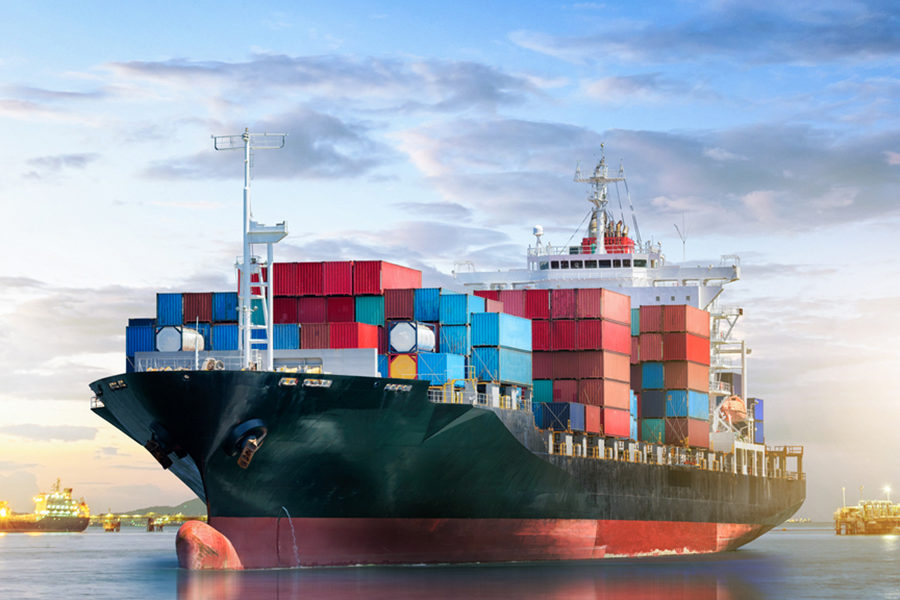
Source: magicalshipping.com
- Container shipping lines: The big ones, specializing in transporting goods in containers (the metal boxes we all see) across oceans.
- Bulk shipping lines: Moving large quantities of items, like iron ore, grain, or coal. (Think cargo ships.)
- Roll-on/roll-off (RoRo) lines: Moving vehicles and heavy equipment efficiently on ships with ramps. (Perfect for transporting cars.)
- Passenger ships/Cruise Lines: Some offer cargo services as well (But mainly known for travel).
What are the key players in this industry?
This industry involves a huge number of major players and numerous small to medium ones. Some big names to know (based on public knowledge).
- Maersk: A giant in the container shipping world.
- MSC: Another major container shipping force.
- CMA CGM: Another heavyweight player in container shipping.
- (Others are too numerous to mention)
Key Factors in Choosing the Right Shipping Line
- Shipping costs: These fluctuate. Be aware. Prices depend on several factors (distance, volume, type of goods etc.)
- Transit time: The period it takes for shipping. Speedy services are valuable! Important in a time-sensitive environment.
- Shipping Capacity: They differ depending on type (size of ships/vessels.)

Source: leadongcdn.com
Analyzing Your Shipping Needs
Before leaping into shipping services, consider these points:
Factors Influencing Shipping Choices
- Type of Goods: Fragile items demand special care. Perishable items have time requirements.
- Quantity and Volume: Small parcels call for different strategies compared to bulk orders.
- Destination: Certain countries and routes can come with additional constraints and documentation requirements.
- Budget: Evaluate your financial scope! There can be varying pricing between various companies.
Essential Questions for Assessing Your Requirements
- How long is the time for shipment delivery? (Check transit time information, crucial)
- What is the budget limit? Set clear spending goals!
- Are there special customs requirements in the target destination? (Very Important)
- Do you want priority handling/tracking features or simple basic options? Check the extras available!
- Which type of shipping is best?
How Shipping Lines Function
It is very complicated to explain how it all works, but simply, shipping companies handle the logistics of movement. (A very complicated chain of logistics!).
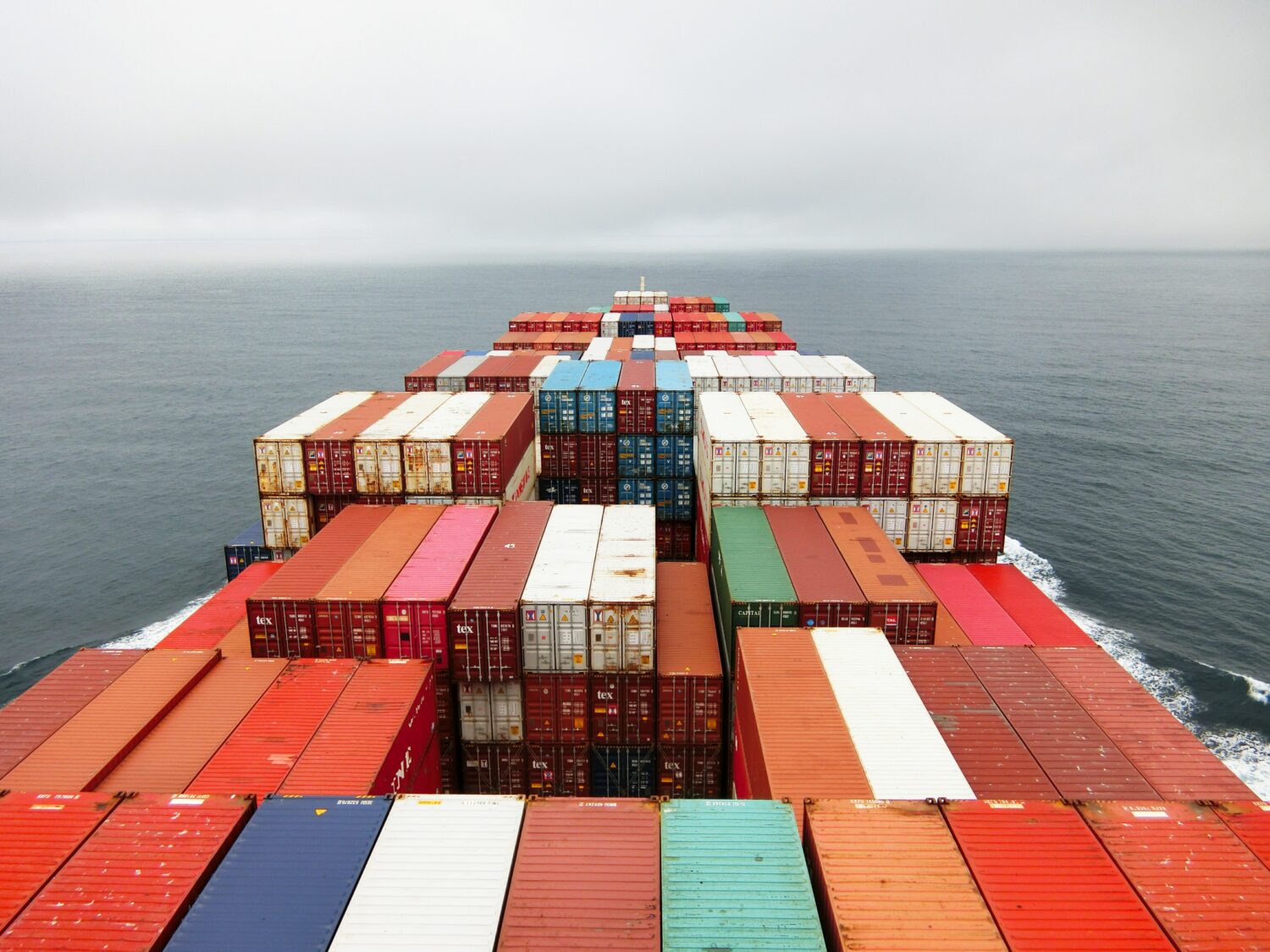
Source: container-news.com
Step-by-Step Overview: Cargo Ship Transportation
- Goods are loaded into the shipping containers at ports of departure.
- The containers are taken to designated loading spots (for instance)
- The container ships or vessels set sail. (This can be a long journey!).
- The containers reach a final port (destination) and are discharged.
- The recipient is then notified and comes to retrieve the cargo!
Freight Forwarders – Middle Men
Freight Forwarders play a very essential role.
How Freight Forwarders Aid the Process
- Facilitating the process: They often take the paperwork and hassle off your shoulders.
- Negotiating prices: They leverage connections to secure optimal deals (better for your pocket).
- Customs Clearance (Essential for avoiding hassles)
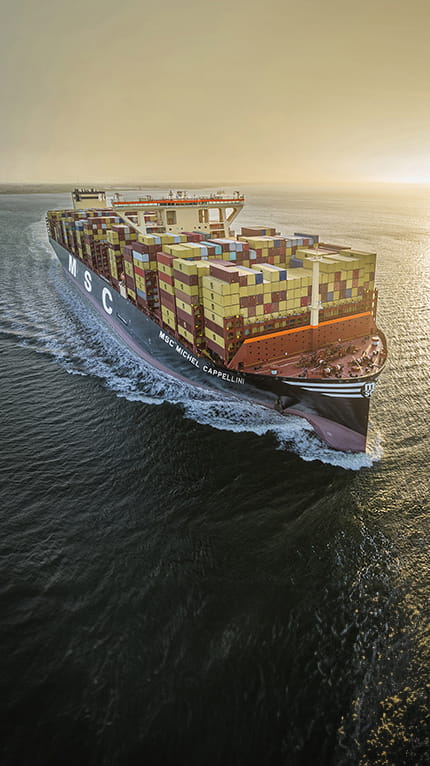
Source: msc.com
Keeping an Eye on Your Shipments
Tools to track shipments
Tracking systems offer vital information. Using their tools often make things simpler for everyone. Some methods are online portals or apps (depending on your particular shipper). Crucial.
Real-World Scenarios
Having reviewed tons of sites, I noticed some interesting trends. One is the pricing fluctuates according to many factors. (Time, capacity, market changes.) Second is that tracking, even on simple shipping systems can prove useful! (It lets everyone stay informed.).
Understanding Shipping Costs
Calculating costs involves multiple considerations:
Variables Affecting Cost
- Distance: Obvious; further the journey, higher the charges.
- Weight and Volume: Greater amounts usually call for higher rates!
- Handling: Some companies offer a multitude of choices. Costs often vary depending on service requirements (eg special handling needed or special packaging needed.)
- Security: Companies add surcharges when extra precautions are demanded!
- Insurance: Add an insurance element and shipping costs will rise!
- Taxes and duties: Important to know all potential tax implications in both sending and recipient locations!
Seeking Help for Complex Needs
How to Find the Best Support Options
Consulting freight forwarders will significantly make things more organized and streamline the process.
Avoiding Common Problems
Mishaps or complications often arise in shipments; delays, customs, mistakes. You could possibly save money through being informed on potential challenges, including potential solutions for troubleshooting in advance. Be vigilant for errors and ensure goods and delivery documents are up-to-date!
The Future of Shipping Lines
This sector is consistently undergoing alterations (New technologies impact pricing and routes and the use of more effective systems is making the shipping process better). The advent of containerisation, and the impact of new transport technologies promises a continuously changing scenario. Shipping, itself, plays a key part in international commerce.
By examining all the variables and making good comparisons, businesses and consumers alike can opt for the most effective shipping choices (taking every aspect into account!). Shipping can seem very complex. By employing careful observation and being organized, choosing the best method of transport is simpler!
